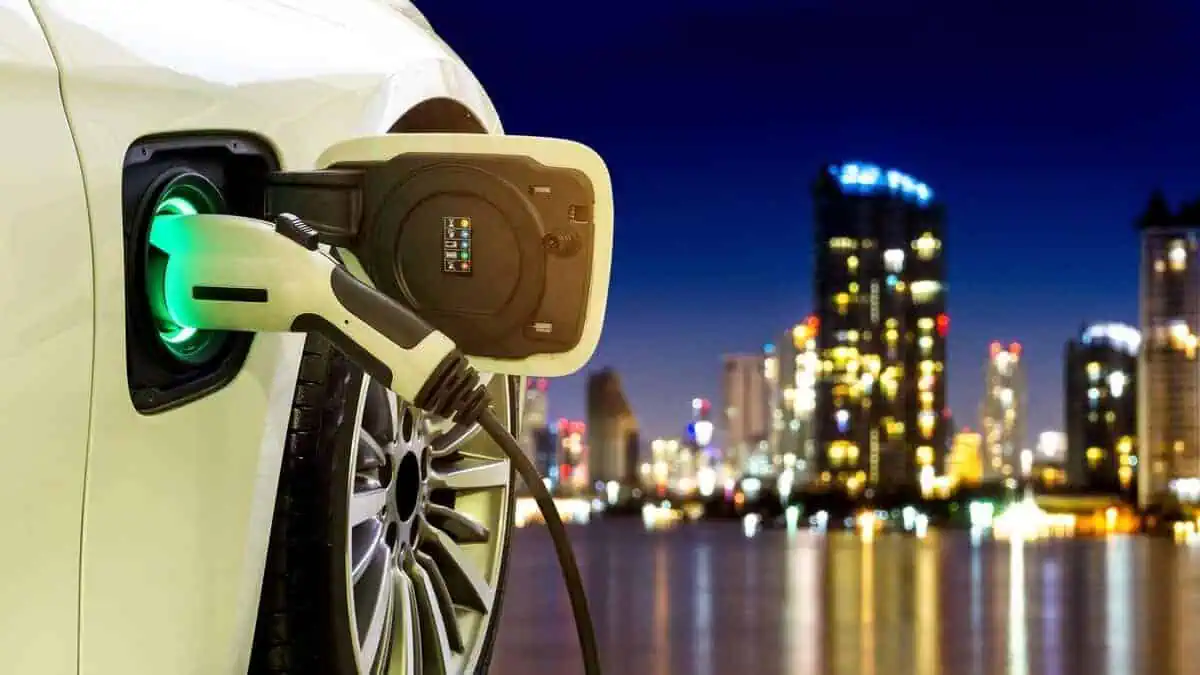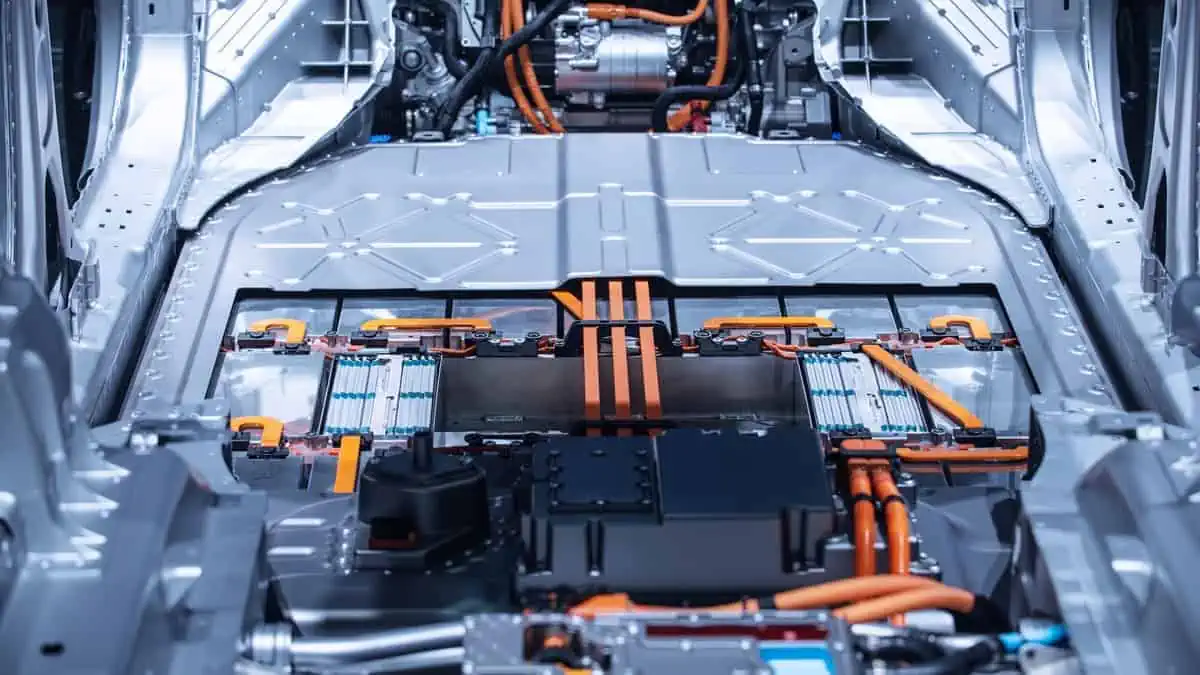Europe enjoyed an astounding year-on-year sales increase in its electric vehicle industry of 54.7% in July, ACEA reported. Remarkably, it boosted the region’s overall year-to-date EV sales to 819,725 units.
“In July 2023, the EU car market continued its growth trajectory, expanding by 15.2% – the twelfth consecutive month of growth. New car registrations reached 851,156 units as the bloc recovers from last year’s component shortages.”
ACEA
Market share per powertrain
Battery-electric vehicles accounted for 13.6% of the overall market in July. This notable share represents a 3.8% increase from just 9.8% in the same period in 2022.
Hybrid vehicles remained the second best-selling fuel type, with a market share of 25.6% in July. Meanwhile, plug-in hybrids contributed 7.9% of the overall market.
However, internal combustion engine-powered vehicles continued to dominate the market. Petrol vehicles remained the most popular fuel type, with a market share of 35.8%, followed by Diesel (14.1%).
Sales per powertrain
Europe’s BEV registrations grew 60.0% YoY to 115,971 units. Year to date, BEV sales have reached 819,725 units.
Meanwhile, new hybrid vehicle sales reported a 31.6% growth. It continues to trail behind ICE vehicles, including petrol and diesel. This remarkable increase pushed the YTD record to grow 28.5% to 1.6 million units.
Plug-in hybrids grew 14.5% YoY in July to 67,060 units. However, its market share remained stagnant at 7.9% last month.
Petrol-based vehicles sold 304,903 units in July, up 5% YoY. As mentioned, it suffered a market share decline to 35.8% from last year’s 39.3%. Nonetheless, YTD sales grew 14.3% YoY to 2.3 million units.
Additionally, diesel vehicle sales also dropped by 9.1% last month. It still holds 14.1% of the market but also suffered a 14.1% decline from last year’s 17.9%.
Growth drivers
As the report noted, the significant improvement in Europe’s EV industry is primarily due to the increasing demand, alleviating supply chain issues, and inflation slowdown in the region.
The government has been implementing relevant policies to support the shift to EVs. In effect, it attracts more customers to join the shift, which ultimately boosts demand.
Moreover, semiconductor shortages and issues with other critical parts have also started to ease this year. In hindsight, it impeded the automotive industry when it occurred along with the COVID-19 pandemic.
In addition, the EU’s inflation rate has also weakened by nearly 50% from its 11.% peak last fall. This major development freed households from expensive costs in the market.
Tesla and Tesla Model Y’s performance
Tesla Model Y remained the top-selling BEV model in Europe in H1 2023, with a 95% sales growth.
Tesla Model Y’s strong performance boosted the automaker’s market share by 1.3% points to 2.8%. This improvement represents the largest growth among 116 Jato Dynamics-monitored automotive brands, Investopedia noted.
It is also worth noting that Tesla’s EV sales across the region grew by more than twofold in H1 2023 to 185,000 units.
See Also:
- Tesla achieves more balanced monthly sales in Europe, caution urged to avoid misinterpretation
- Europe: Plug-in car sales nearly hit the 200,000 mark in April 2023
- Tesla relaunches famous referral program in Europe to boost Q1 sales
- Volkswagen increases European BEV sales goal to 80% in 2030
- Europe: All-electric vehicle sales accounted for 10% of new car sales in January
The European EV industry continues to grow owing to effective government initiatives and the growth drivers mentioned above. Moreover, the Tesla Model Y has been dominating the market, which boosts the company’s market share.
Considering the imminent arrival of numerous models from legacy automakers and startups, it would be interesting to see how Tesla would fare in the region in the second half of the year.






